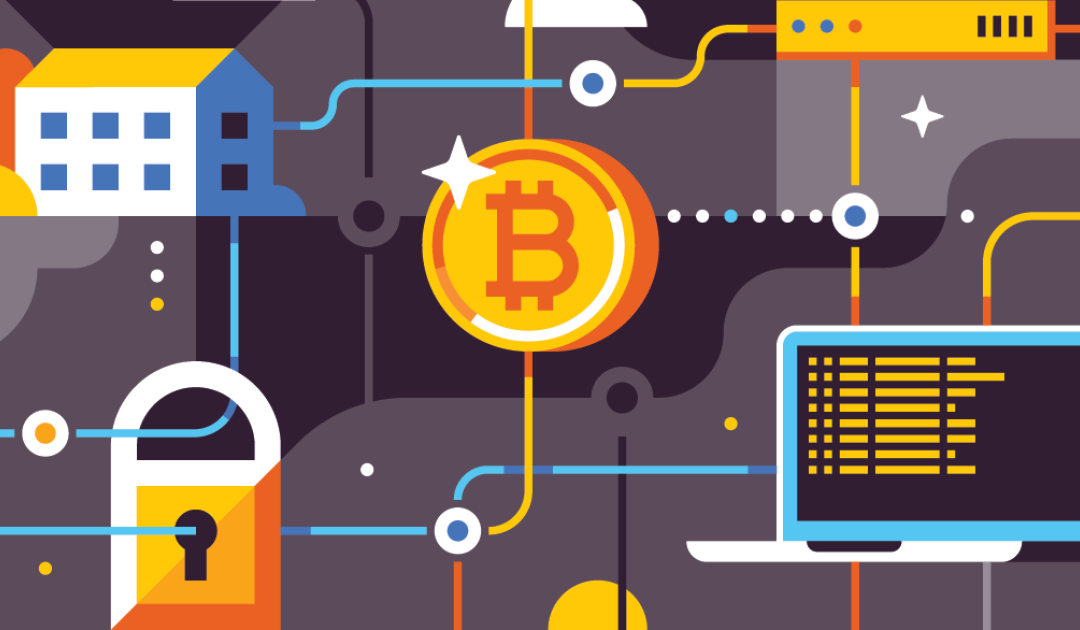In today’s digital age, the term “blockchain” is buzzing around like never before. It’s hailed as a game-changer, promising to revolutionize industries from finance to healthcare. But amidst all the hype, there’s a question that often crops up: Can anyone access blockchain technology?
Let’s delve into this intriguing topic and unravel the layers of accessibility surrounding blockchain.
First things first, what exactly is blockchain? Think of it as a digital ledger that records transactions across a distributed network of computers. Each block in the chain contains a number of transactions, and every time a new transaction occurs, a new block is added to the chain. The beauty of blockchain lies in its decentralized nature, which means there’s no central authority controlling it. This decentralization fosters transparency, security, and trust in the system.
Now, back to the question at hand. Can anyone access blockchain? The short answer is yes! Blockchain is open to anyone with an internet connection. However, accessing and utilizing blockchain technology might vary depending on factors like technical know-how, resources, and regulatory environment.
For tech-savvy individuals or organizations, accessing blockchain can be as simple as downloading a blockchain client or using a web-based service. These users can interact with the blockchain network, create transactions, and even develop decentralized applications (DApps) on top of it.
But what about those who aren’t well-versed in technology? Fear not! The rise of user-friendly platforms and interfaces has made it easier for non-technical users to access blockchain. From cryptocurrency wallets to decentralized exchanges, there’s a plethora of user-friendly tools that abstract away the complexities of blockchain technology, making it accessible to the masses.
Moreover, blockchain technology is often open source, meaning the underlying code is publicly available for anyone to view, modify, and contribute to. This fosters a culture of collaboration and innovation, where developers from around the world can come together to improve and expand blockchain capabilities.
However, accessibility to blockchain isn’t just about technical proficiency. It’s also influenced by factors like geographical location and regulatory policies. In some regions, access to blockchain technology might be restricted or regulated, posing barriers to entry for certain individuals or organizations.
Conclusion
blockchain is indeed accessible to anyone with an internet connection, but the degree of accessibility may vary based on technical expertise, resources, and regulatory considerations. Nevertheless, the democratizing nature of blockchain holds immense potential to empower individuals and communities worldwide, ushering in a new era of innovation and inclusivity.
So, whether you’re a seasoned developer or a curious enthusiast, there’s never been a better time to explore the fascinating world of blockchain technology. Who knows, you might just uncover the next big breakthrough that reshapes the way we live, work, and transact in the digital age!

